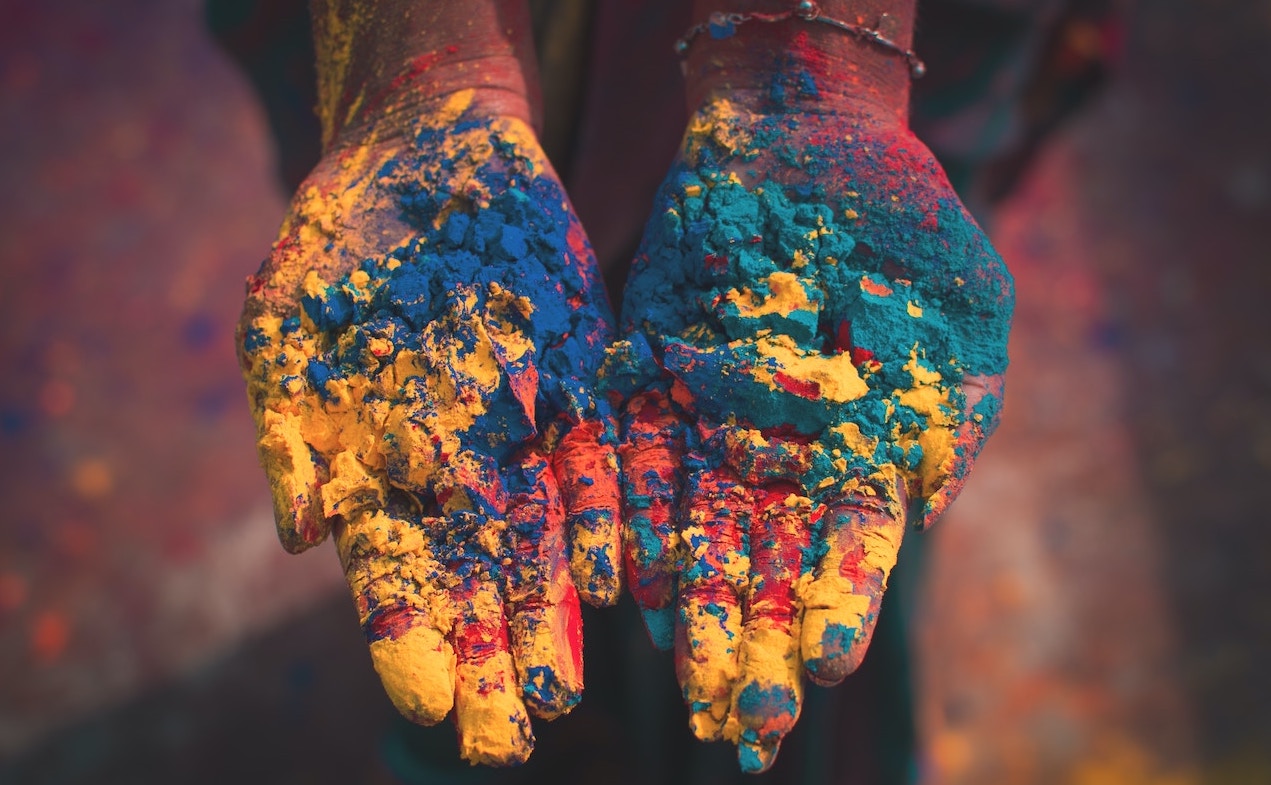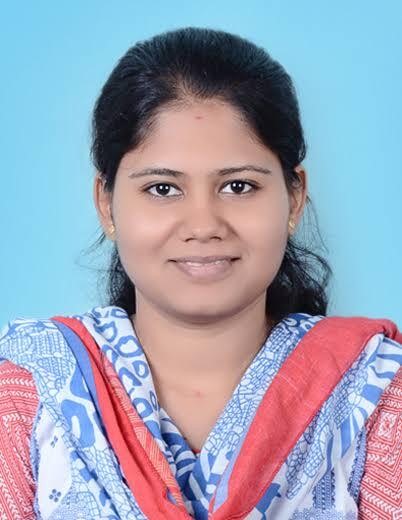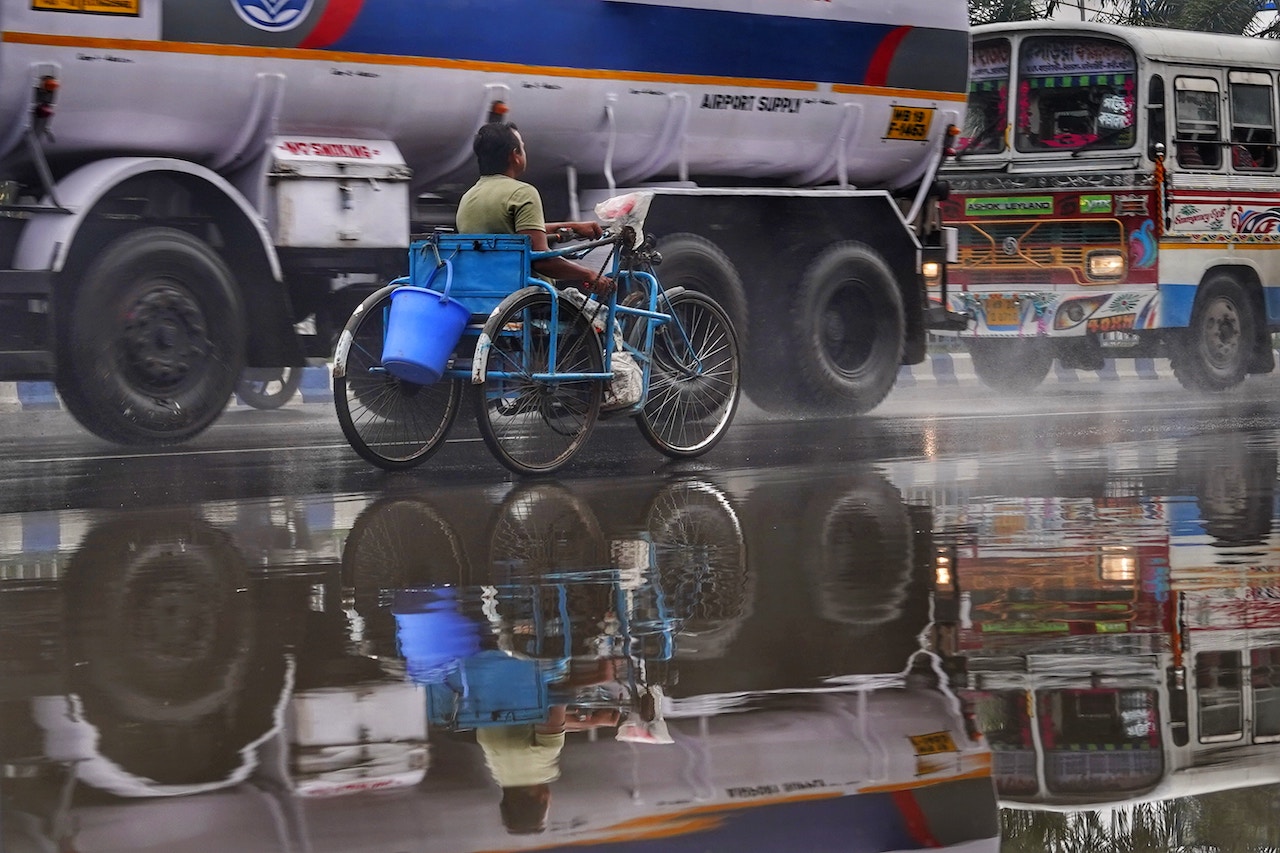
Disability and Health: A Comprehensive Course on Inclusion and Equity
Introduction
In an ever-changing world that seeks to promote inclusion and equity, it is crucial to address the unique challenges faced by individuals with disabilities. Our undergraduate program on Disability and Rehabilitation aims to provide students with a comprehensive understanding of this important field. This program covers a wide array of topics, including disability and health as per the International Classification of Functioning, the role of interdisciplinary teams, ableism, inclusive education, legislation, cultural influences, health inequity, the environment’s impact, and disaster management. In this blog post, we will delve deeper into the course’s primary elements related to the environment, which encompass climate concerns, disaster management, and the built environment. We will also explore various teaching methodologies to effectively convey these crucial concepts and conclude by highlighting the significance of this course in achieving Sustainable Development Goals (SDGs).
Environmental Aspects of Disability and Rehabilitation
Within the realm of disability and rehabilitation, the environment plays a pivotal role in shaping the experiences and opportunities of individuals with disabilities. Our course delves into three primary environmental elements:
Climate Concerns: Students will gain insights into how climate change affects vulnerable populations, including people with disabilities. They will explore topics like extreme weather events, heatwaves, and the implications for those who may have mobility or sensory challenges. Understanding climate concerns is essential for building resilient communities.
Disaster Management: Disaster preparedness and response must be inclusive of individuals with disabilities. Our program equips students with knowledge about tailoring disaster management strategies to accommodate diverse needs. This includes evacuation plans, accessible shelters, and ensuring effective communication during crises.
The Built Environment: The physical environment significantly influences the lives of people with disabilities. Our students will learn about accessible architecture, universal design principles, and the importance of creating spaces that are welcoming and accommodating to all. This knowledge extends to public spaces, buildings, transportation, and urban planning.
Effective Teaching Methodologies
To ensure that our students grasp these critical concepts thoroughly, we will employ various teaching methodologies:
- Interdisciplinary Case Studies: Real-world scenarios showcase the interconnectedness of disability, climate concerns, disaster management, and the built environment.
- Fieldwork and Site Visits: Hands-on experiences enable students to witness the practical implications of inclusive design and disaster preparedness.
- Simulation Exercises: Role-playing scenarios promote empathy and critical thinking about the challenges faced by individuals with disabilities.
- Guest Speakers and Expert Panels: Diverse perspectives enrich classroom discussions and expose students to real-world expertise.
- Group Projects: Collaborative assignments encourage students to tackle complex problems, such as designing inclusive public spaces or developing disaster response plans.
- Online Resources and Multimedia: Multimedia resources provide visual and experiential learning opportunities.
- Debates and Discussions: Open dialogues encourage students to explore ethical considerations and policy implications.
- Research Projects: In-depth research projects empower students to contribute to the field’s knowledge.

Sidhiprada Mohapratra (PT, DPT)
Full-time faculty, Manipal Academy of Higher Education
Sidhiprada Mohapatra is a full-time faculty at the Department of Physiotherapy, Manipal College of Health Professions, Manipal Academy of Higher Education, Manipal, India. I am also pursuing a PhD in Disability and Environmental Behavior studies. I am an advocate of the rights of persons with disabilities and my areas of interest include community-based rehabilitation, ethics, equity, and social and occupational justice.

Drawing upon the rich cultural and contextual practices in India
In India, a nation rich in cultural diversity, traditional practices and contextual knowledge have often played a vital role in addressing climate concerns and disaster management. For example, many indigenous communities have developed sustainable agricultural techniques and disaster preparedness methods that are deeply rooted in their cultural heritage. However, it’s crucial to recognize that these practices may not always consider the needs and vulnerabilities of individuals with disabilities. In some cases, cultural practices might inadvertently exclude or hinder the participation of disabled members of the community during climate-related events or disasters.
To address this important intersection of culture, disability, and environmental factors, our course will incorporate case studies and discussions focused on India’s cultural practices and their implications for individuals with disabilities. By understanding how culture influences disaster management and climate adaptation in India, students will gain insights into the challenges faced by disabled individuals in diverse cultural contexts. This knowledge will enable them to develop culturally sensitive and inclusive approaches to disability and rehabilitation, aligning our curriculum with the evolving needs of our global community.
Conclusion and the Path to Sustainable Development Goals
In conclusion, our undergraduate program on Disability and Health offers a comprehensive education that addresses the multifaceted challenges faced by individuals with disabilities in the context of climate concerns, disaster management, and the built environment. By equipping our students with a deep understanding of these critical elements, we empower them to contribute to a more inclusive and equitable world. This course aligns with the United Nations’ Sustainable Development Goals, particularly SDG 10 (Reduced Inequalities) and SDG 11 (Sustainable Cities and Communities). Through their knowledge and actions, our students can play a vital role in building a future where everyone, regardless of their abilities, can thrive and participate fully in society. Disability and rehabilitation are not merely academic pursuits but a path to a more just and inclusive world.
Get in touch
🇮🇳 We would love to hear from you and continue the conversation about our teaching about the importance of movement in the forest. If you have any feedback, questions or ideas that you would like to share with us, please contact Sidhipradha Mohapatra via email or use the comment form below.

0 Comments